The five Kosas are:
- Annamaya kosa, the food-body
- Pranamaya kosa, the breath
- Manomaya kosa, or 'mind-sheath'
- Vijnanamaya kosa, that which discriminates, determines or wills
- Anandamaya kosa, or bliss
Corporal bodies
In consequence of acts performed in former states of being through the actions of the fivefold elements, corporal bodies (which become the dwelling place of pleasure and pain) are formed. The soul is wrapped in five investing sheaths and seems formed of these, and is darkened like crystals on coloured cloth. As winnowed rice is purified from husk, the soul burdened with its sheaths is purified by the force of meditation. To remove his bondage the wise man should discriminate between the self and the non-self. By that alone he comes to know his own self and existence - through knowledge and bliss absolute, he becomes happy. He is free indeed who discriminates all sense-objects and the indwelling, unattached and inactive self as one separates a stalk from its enveloping sheath. Always merging every thing in it, he remains in a state of identity with that self.
Covered by the five sheaths, the material one and the rest, which are the products of its own power, the self ceases to appear, like the water of the tank by accumulation of sludge. When all the five sheaths have been eliminated by the reasoning on Shruthi passages, what remains as the culminating point of the process is the witness, the knowledge absolute - the Atman. This self-effulgent Atman is distinct from the five sheaths, as witness of the three states, the real, the changeless, and the unattained everlasting bliss is to be realized by a wise man as his own self.
Five Sheaths
The five sheaths (pancha-kosas) are alluded to in the fourteen verses of the Atmabodha. It must be noted that the individualised soul, when separated from the Supreme soul, is regarded in the Vedanta as enclosed in a succession of cases (kosa) which envelope it and, as it were, folded on over the other, 'like the coats of an onion'. The five sheaths are said to cover the self. The true self or the Atman, is none of these, nor can it's true nature be known as long as it is identified with them. All the five sheaths have been eliminated in the self of man. It appears pure, of the essence of everlasting and an alloyed bliss, indwelling, supreme, and self-effulgent.
Annamaya Kosa
The physical body is said to be made of food or matter. It is Annamaya. The Atman is described as enclosed in a series of sheaths. First there is the Annamaya, the food-body. This is the sheath of the physical self, named from the fact that it is nourished by the food. Further it says that the food identifies himself with a mass of skin, flesh, fat, bones, and filth, while the man of discrimination knows his own self, the only reality that there is, as distinct from the body. A materialist thinks he is the body, a religious student identifies himself with the mixture of body and Soul, while a Sage who has attained realization due to discrimination looks upon the eternal Atman as his self, and thinks 'I am Brahman'.
Pranamaya Kosa
There is another and subtle sheath, which is pranamaya, different from the body of food. Pranamaya means composed of prana. Prana is the vital principle, the force that vitalizes and holds together the body and the mind. It pervades the whole organism, its physical manifestation is the breath. As long as this vital principle exists in the organisms, life continues. The prana, with which we are all familiar, coupled with the five organs of action, forms the vital sheath, permeated by which the material sheath engages itself in all activities as if it were living. This is the sheath composed of breath and the other vital airs associated with the organs of action. In the Vivekachoodamani it is a modification of vayu, and like the air, it enters into and comes out of the body, and because it never knows in the least either it's own weal and woo, nor those of others, being eternally dependent on the Self.
Manomaya Kosa
Manomaya means composed of manas or mind. It is called the manomaya or sheath composed or mere intellect, associated with the organs of action. This gives the individual soul its power of thought and judgement. The manomaya kosa, for instance or 'mind-sheath' is said more truly to approximate to personhood than 'annamaya kosa' or the food sheath. The vital sheath knowledge together with the mind from the mental sheath the cause of the diversity of things such as 'I' and 'mine'. It is powerful and endowed with the faculty of creating catagorical differentiation, such as names. It manifests itself as permeating the preceding.
Sankara uses the example of clouds that are brought in by the wind and again driven away by the same agency. Similarly man's bondage is caused by the mind, and liberation too is caused by that alone. Attaining purity through a preponderance of discrimination and renunciation, the mind makes for liberation. Hence the wise seeker after liberation must first strengthen these two.
The mind (manas) along with the five sensory organs is said to constitute the manomaya kosa.
Vijnanamaya Kosa
Vijnanamaya means composed of vijnana, or intellect, and refers to the faculty which discriminates, determines or wills. Chattampi Swamikal defines vijnanamaya as the combination of intellect and the five sense organs. It is the sheath composed of more intellection, associated with the organs of perception. This gives the personal soul its first conception of individuality. The sheath of buddhi or vijnanamaya kosa together with the pranamaya kosa compose the body. Sankara holds that the buddhi, with it's modifications and the organs of knowledge, form the vijnanamaya kosa or knowledge sheath, of the agent, having the characteristics which are the cause of man's transmigration. This knowledge sheath, which seems to be followed by a reflection of the power of the cit, is a modification of prakrti. It is endowed by the function of knowledge, and it always wholly identifies itself with the body, organs etc. Owing to its connection with superimpositions, the supreme self, even though naturally, perfect and eternally unchanging, assumes the qualities of the superimpositions and appears to act just like the changeless fire assuming the modifications of the iron which it turns red-hot.
This knowledge sheath cannot be the supreme self for the following reasons.
- It is subject to change.
- It is insentient.
- It is a limited thing.
- It is not constantly present.
- An unreal thing cannot be taken for the Atman. It is said that buddhi, (the intellect), together with the five sensory organs, constitutes the vijnanamaya kosa.
Anandamaya Kosa
Anandamaya means composed of ananda (bliss), and its sheath refers to the ego. In the Upanishads the sheath is also known as the 'casual body'. In a deep sleep, when the mind and senses cease functioning, there still stands the casual body between the finite world and the blissful self. As the fifth sheath is nearest of all to the blissful self it's name in the Upanishads is anandamaya. Anandamaya or that which is composed of Supreme bliss, is also named, although not admitted, by all. It is regarded as the innermost of all, and therefore, when the five sheaths are enumerated, it is to be placed before the vijnanamaya. The blissful sheath has its fullest play during deep sleep, while in the dreaming and wakeful states it has only a partial manifestation. The blissful sheath (anandamaya kosa) is that modification nescience which manifests itself by catching a reflection of the Atman which is bliss absolute, whose attributes are pleasure and rest, and which comes into view when some object agreeable to oneself presents itself. It makes itself spontaneously felt by the fortunate during the fruition of their virtuous deeds, from which every corporeal being derives great joy without effort.


-in-Astrology.jpg)
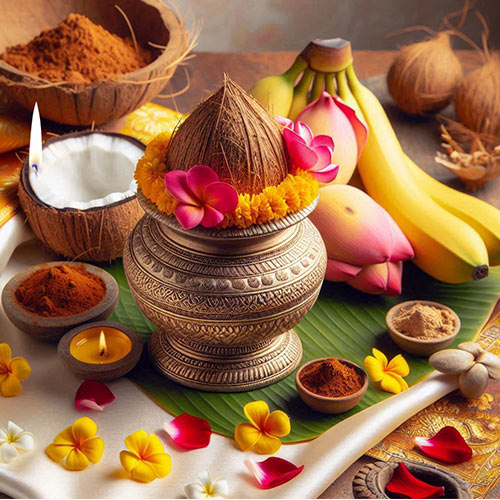
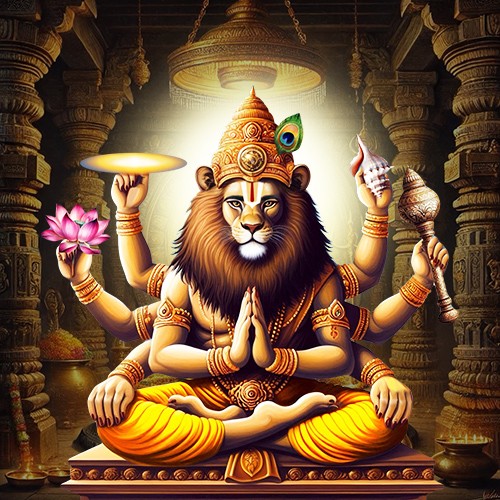
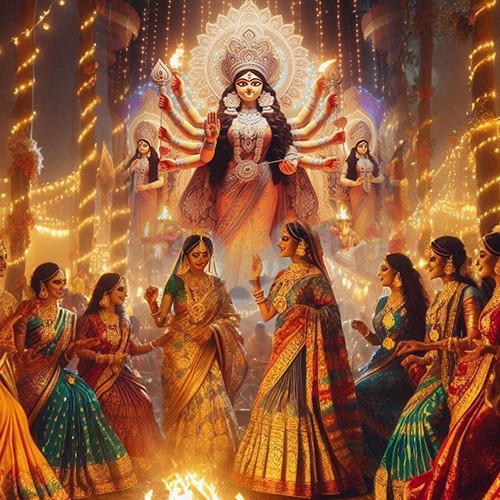
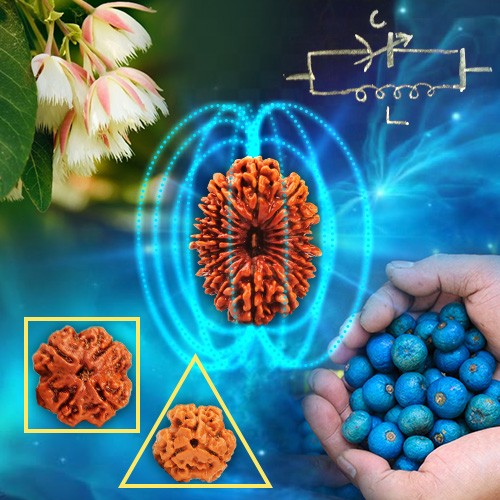

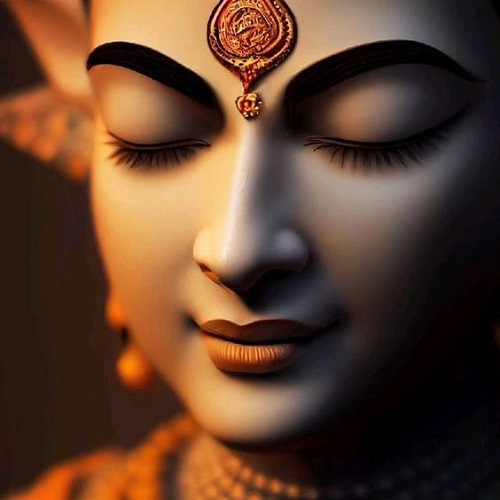
.jpg)
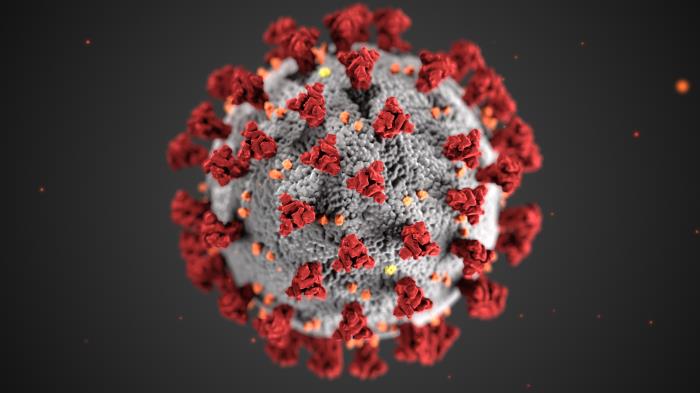
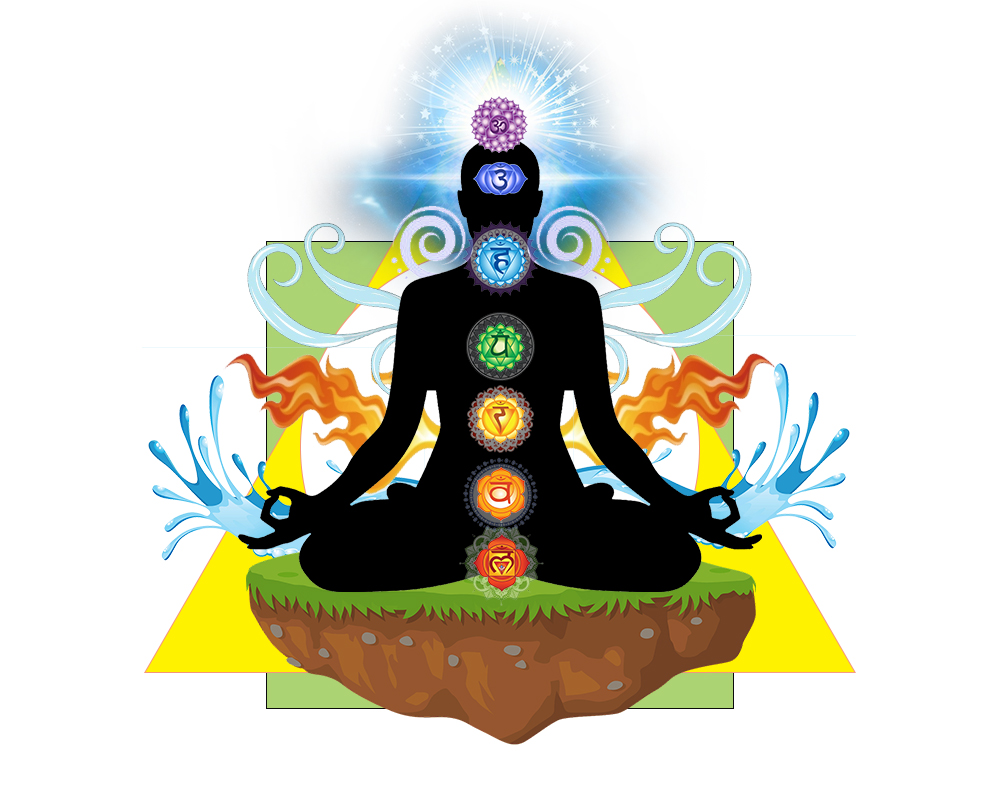
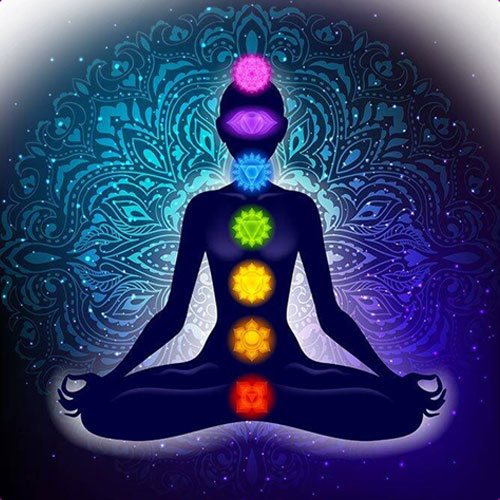
Comments 0
Leave your thought here